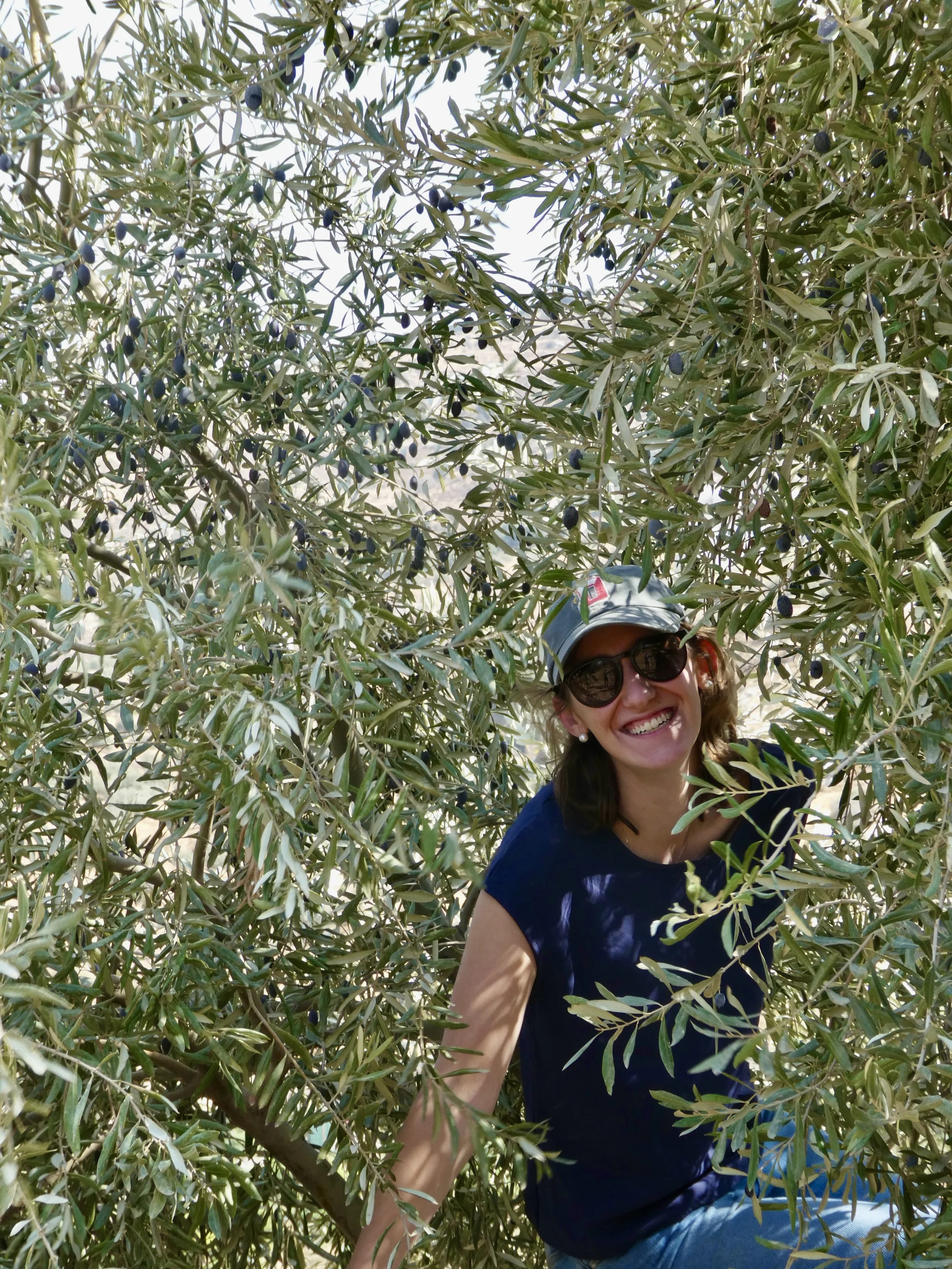"Strumming Movements From and Across Morocco: A Playlist" by Emeline Avignon
Music is something that always encapsulates a time and a place for me. Whenever I travel, I like to make playlists of the music I heard, learned about, or found myself and liked at that certain time. Throughout college, I have especially broadened my taste and knowledge in music beyond that from the US. There is so much music coming from these areas which not only are incredibly musically intricate and rich, but also represent political, social, and cultural movements. So much music from the US as we know it today originates from rhythms and styles from West and North Africa. Here are some songs so far that I have found through recommendations, experiences, and my own exploration after my first month in Morocco. While not all of this music is directly from Morocco, these songs all are influenced by cultures which are shared and appreciated by people in Morocco, at the least.
Sastanàqqàm - Tinariwen
Chismiten - Mdou Moctar
(Mdou Moctar was featured on NPR’s Tiny Desk! Check it out here!)
Joudia - Soukaina Fahsi
Fahsi’s Joudia at Jazz at Chellah. Video credit: Avignon, 2022.
Kharboucha - Soukaina Fahsi
Zina - Babylone
Fine Ghadi Biya Khouya - Nass El Ghiwane
(Here is a documentary in French I recommend about Nass El Ghiwane)
Al Jwad Al Jwad - Jil Jilala
There is so much more music to explore, and this playlist just touches the tip of the iceberg of it. I hope you learned something about the power of music for movements and tradition in Morocco, and that this playlist is a launching pad for discovering more music from Morocco and beyond!
You can listen to Emeline’s full Spotify playlist here: Strumming Movements From and Across Morocco
Emeline is a junior at Trinity College and studying abroad on the Amideast Regional Studies in French Program this fall in Morocco.






